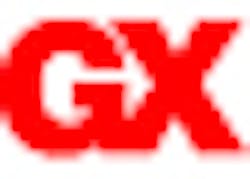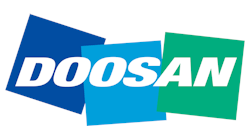No matter which financial publication you subscribe to, all admit the US economy is struggling, Noyes affirms. The stock market is down, diesel fuel is at an all-time high and the housing markets are weak throughout the country. Because of these factors, many contractors are facing increased operating costs while their margins are decreasing.
Nonetheless, as Jim Noyes, national accounts manager for commercial finance and leasing at IronPlanet, points out, despite these economic conditions, the process for deciding whether to buy, rent or lease equipment remains the same—it largely depends on your need for equipment and the length of time you plan on using it. Contractors should factor in the total cost of ownership of a machine and how many contracts are currently scheduled when determining their equipment needs.
Buying—Despite a weak US economy, construction equipment continues to hold its value relatively well in most segments. This is primarily due to the long economic useful life of the equipment and the fast-growing global reach of the used equipment marketplace. These days, buyers exist for used equipment in all four corners of the world, as Internet-based remarketing has made the global resale of equipment possible. The benefit of owning equipment in today’s economy is that the inherent equity remains with you throughout the life of the machine. Conversely, there is significant upfront cost to buying equipment that can create balance sheet and financial statement ramifications that need to be discussed with accountants and financial professionals prior to purchasing the equipment.
Buying equipment makes sense in most economic scenarios when you plan to use it for at least half to two-thirds of its useful life expectancy, and sell it at its current fair market value when it’s time to replace your fleet.
Additionally, in rough economic times, there are often many low-hour, high-quality used machines on the market. If new equipment is not financially feasible, it may be more cost-effective to purchase used equipment.
Renting—If your business has a short-term contract that needs a specific machine, renting can be a good option. The cost of renting is substantial, however, and should typically only be considered for short-term needs.
Leasing—Leasing the equipment you need might make sense, depending on your situation. Leasing equipment conserves capital since it often requires little to no down payment. It can also provide flexibility by allowing you to tie the usage of the equipment to the lease term, enabling you to only pay for the time that your business uses the machine. Finally, leasing equipment can provide for a variety of purchase, return, and renewal options at the end of the lease. However, this option requires a strong working knowledge of the benefits and potential pitfalls of leasing your capital equipment assets. Always consult professional advice prior to entering into any lease agreement. Leasing can be a very good strategy for acquiring equipment but can also be extremely costly if not managed properly.



